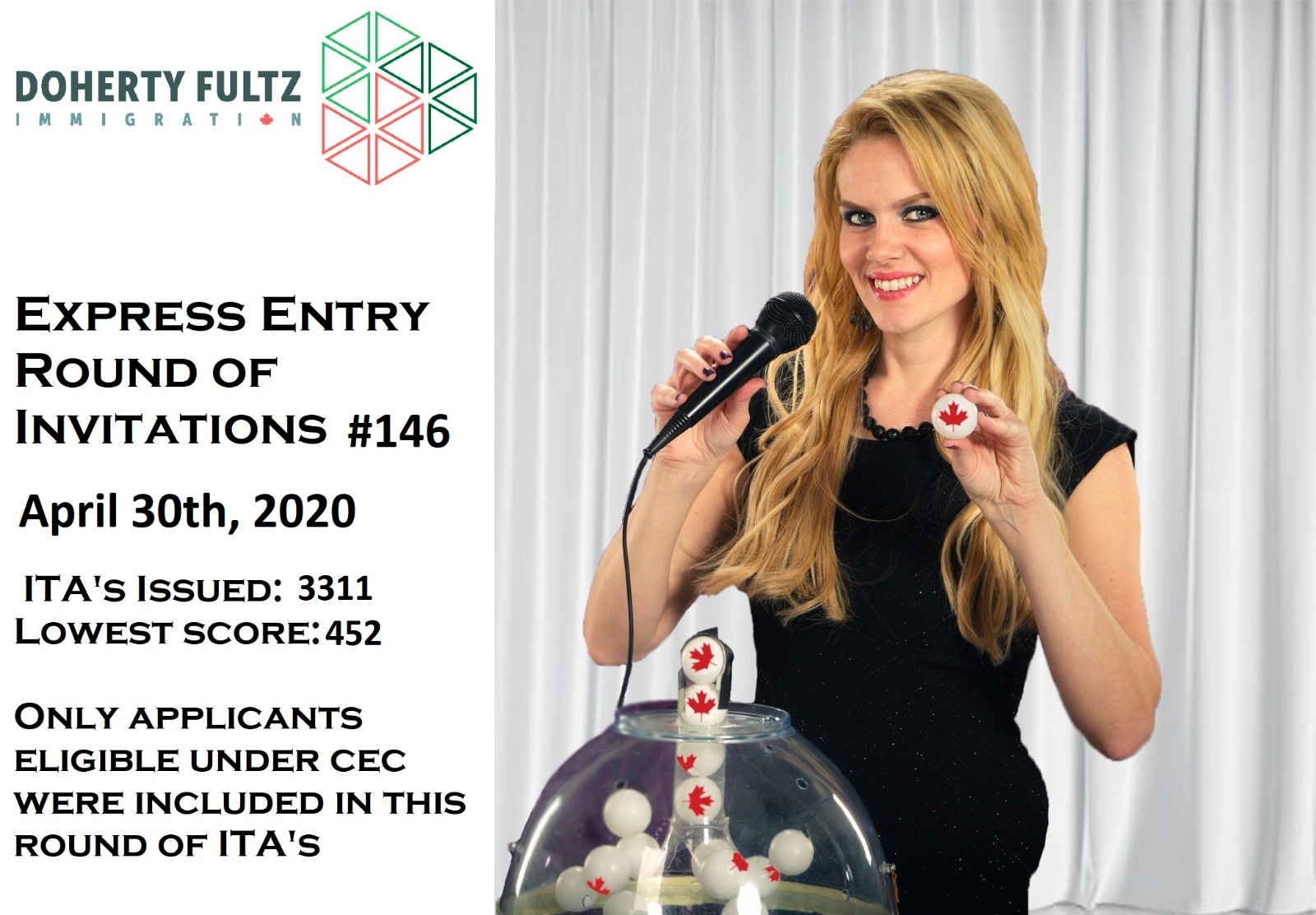May 28, 2020
Low CRS scores are only temporary and will eventually increase
May 24, 2020
May 23, 2020
Why you should never lie to Immigration - you could lose your status, be forced to leave Canada, and even have Canadian citizenship revoked.
May 11, 2020
As a permanent resident of Canada, you are entitled to travel to Canada despite the travel restrictions and US border closure.
May 7, 2020
Even if a sponsor or sponsored person collects employment insurance, their application will not be negatively impacted.
May 6, 2020
You can still sponsor your family members if you are unemployed.
May 5, 2020
How to tell if an immigration consultant or lawyer is FAKE, and the dangers of unlicensed immigration scams.
May 4, 2020
Economic Class PR Fee Increase As of this date, Economic Class processing fees for Federal Skilled Worker, Federal Skilled Trades, Canadian Experience Class, and Provincial Nominee […]
May 4, 2020









